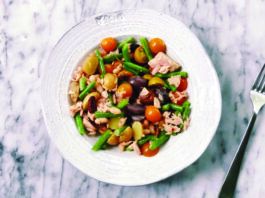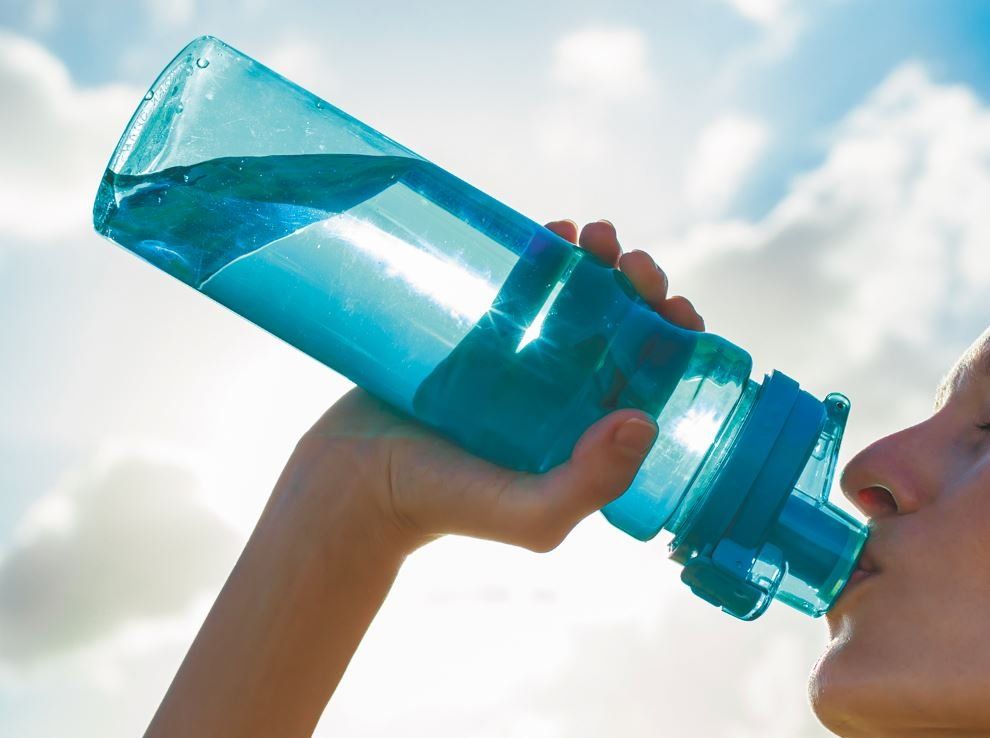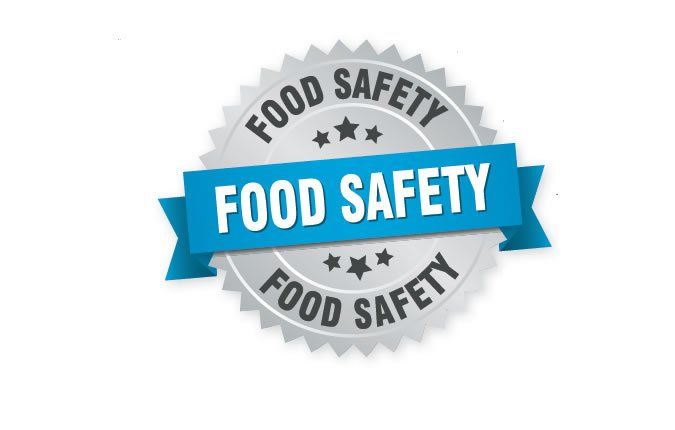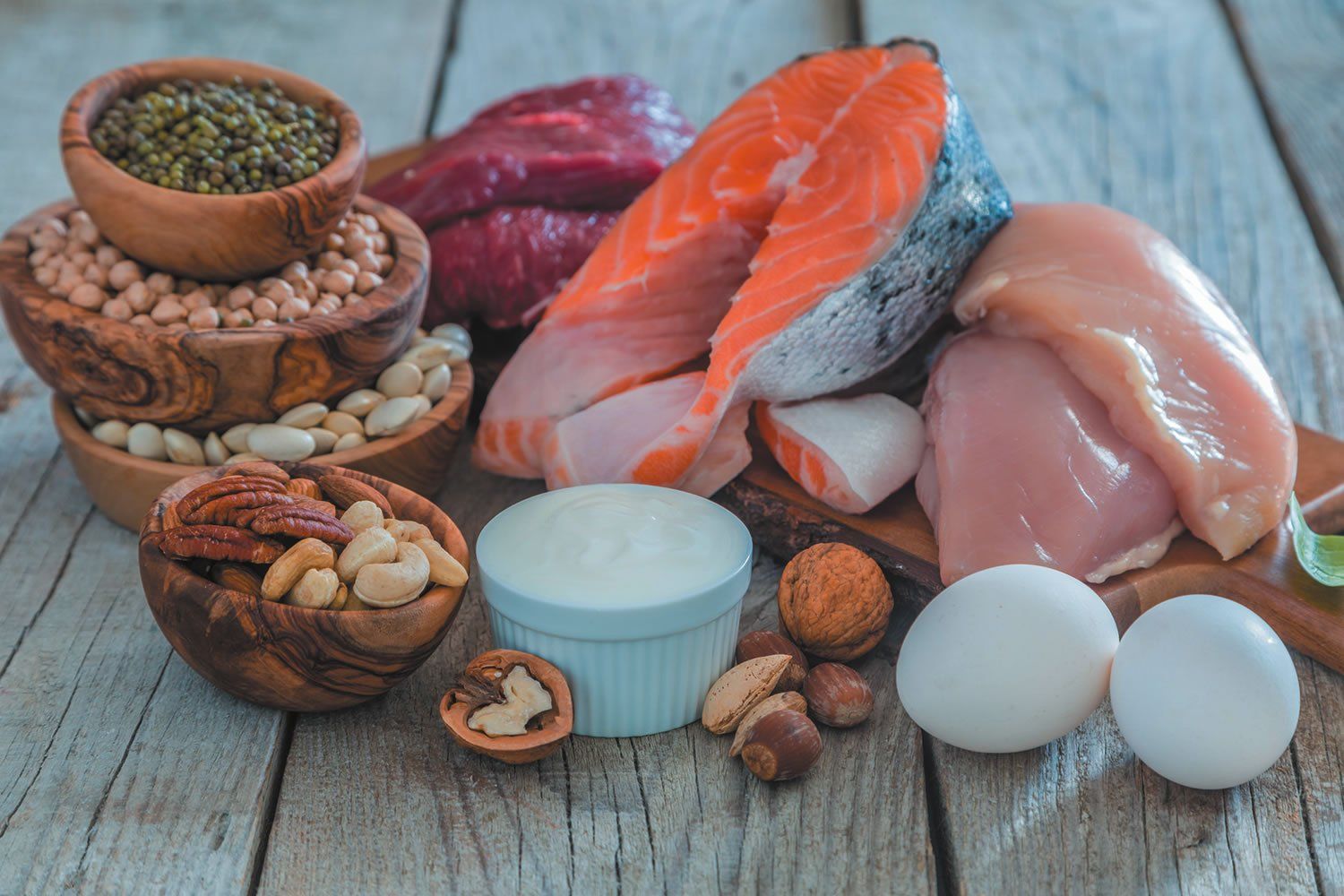Q. In the July issue you talked about A2 milk. Could you clarify if...
Q. In the July issue you talked about A2 milk. Could you clarify if this product will help with my lactose intolerance?
Avoiding Dehydration
The hot summer months are upon us, but sweating in the sun is not the only factor that raises risk for dehydration. This potentially dangerous drop in body fluid affects everything from blood pressure to the brain, so knowing the causes, signs, and symptoms of dehydration-as well as how to avoid it-is critical.
Foodborne Illness: How to Reduce Risk
Each year, one in six Americans gets sick from eating contaminated food. In the spring of 2018, people across the United States and Canada began falling ill with common food poisoning symptoms: diarrhea, stomach pains, nausea, and vomiting. In the following months, nearly 200 people became ill, and five people died. CDC investigators traced the infection to Romaine lettuce grown in one particular region of the US. Any type of food, even healthy greens, can harbor pathogens. Fortunately, following some simple food safety tips, and paying attention to warnings and recalls, can prevent the majority of foodborne illnesses.
Salmon with Peas and Garlic
Salmon with Peas and Garlic recipe.
US Food Waste About A Pound Per Person Daily
Nearly a pound of food per person is wasted each day in America, according to a study in PLOS One. Researchers examined data on Americans eating habits as well as estimates of food loss, including waste, at multiple stages in the food system, spanning the period from 2007 to 2014. Of 22 food groups studied, fruits, vegetables and mixed fruit and vegetable dishes (39% of the total) contributed the most to food wasted. Thats because these types of foods tend to be the most susceptible to food spoilage.
Healthy Lifestyle Adds 12 to 14 Years
Maintaining five healthy habits is associated with more than a decade of additional life expectancy after age 50, according to a study in Circulation. The habits include never smoking, maintaining a healthy weight, regular exercise at the recommended levels, moderate alcohol intake and a healthy dietary pattern. The observational study was based on data from two epidemiological studies of health professionals that included more than 123,000 women and men followed for 34 years, as well as data from nationally representative surveys.
Diet Quality Lags In US-Born Blacks
A new study from Tufts found that foreign-born blacks-predominantly from countries across the Caribbean and Africa-tend to consume a higher-quality diet than US-born blacks, according to a study in the American Journal of Clinical Nutrition. Their eating patterns include more fruits, vegetables, whole grains and omega-3 fatty acids, in comparison to native-born blacks.
Seeing Smaller Portions Creates New Normal
Reducing food portion sizes may shift a persons perceptions of what is a normal amount of food to eat and induce them to choose smaller portions next time, suggests a study in the American Journal of Clinical Nutrition. Researchers recruited participants for the study from staff and students at the University of Liverpool, UK, to participate in a series of three laboratory experiments lasting up to a week.
The Care and Feeding of Your Immune System
There seems to be no limit to the promises on the Internet for foods and dietary supplements that allegedly boost or support your immune function. Theres more than a grain of scientific truth in it, and the prospect of enhancing immune function with nutrition is a busy area of research-some of it by scientists at Tufts Human Nutrition Research Center on Aging (HNRCA) and Friedman School of Nutrition Science and Policy.
Is Extra Protein Enough to Preserve Muscle With Aging?
Protein is essential to good health. You need it to make hair, blood, enzymes and antibodies-and, of course, muscle. The problem: With aging we tend to gradually lose muscle size, strength and function-a relatively common condition called sarcopenia. It may seem like a no brainer to boost your dietary intake of protein to help prevent sarcopenia and the frailty and increased risk of falls it can lead to.
































